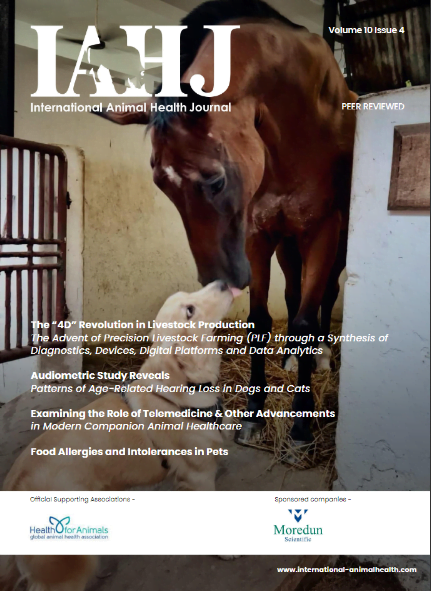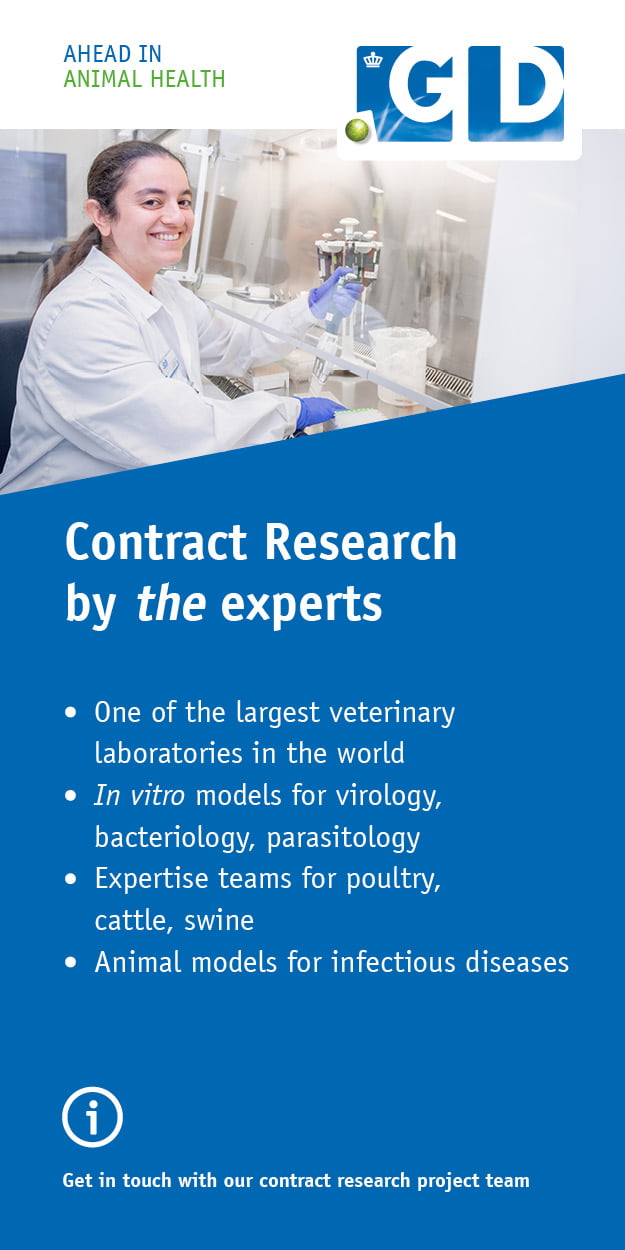 The United Nations has condemned misuse of antibiotics by farmers who practice animal husbandry. This is after a report revealed that most countries are still using vital antibiotics which should only be used to treat humans to make animals grow faster. The malpractice, according to the report, fuels antibiotics resistance.
The United Nations has condemned misuse of antibiotics by farmers who practice animal husbandry. This is after a report revealed that most countries are still using vital antibiotics which should only be used to treat humans to make animals grow faster. The malpractice, according to the report, fuels antibiotics resistance.
Antibiotics are widely used in agriculture around the world to prevent or treat disease and make animals grow faster. However, the United States and European Union have both banned the latter. This is because it can create bacteria resistant to antibiotics, known as superbugs. The superbugs, in turn, are able to spread via contact with animals, farmers, in the environment and in food and infect humans.
Furthermore, superbugs are estimated to kill 700,000 people worldwide. Antibiotic resistance has also been referred to as one of the greatest threats to public health. As such, it thus comes as a point of concern when farmers use antibiotics that are critical for treating humans as growth promoters for animals.
According to the new report that is jointly produced by the World Health Organisation (WHO), Food and Agriculture organization (FAO) and World Organisation for Animal Health (OiE), only 42% of countries have limited their use for growth promotion. The majority of these are in Europe. Unfortunately, only a few countries in Africa and the Americas have taken these steps.
Henk Jan Ormel, a senior policy advisor to the FAO’s Chief Veterinary Officer, said that the adoption of regulations that limit antibiotic use in agriculture should start taking form. He was however quick to note that some of these countries are plagued with chronic underinvestment in the animal, plant, food and agriculture sectors. This, in turn, has led to lack of alternatives to using antibiotics for farmers, such as access to better feed and better animal husbandry.
Earlier on this year, an investigation by the Bureau revealed the use of the highest priority antibiotics by one of India’s biggest poultry companies on its chicken. The antibiotic, colistin, is called a ‘last resort’ drug by experts as it used to treat some of the most resistant infections in humans.
On the other hand, the UN report also warned of antibiotics being slipped away from pharmaceutical factories. This is because only 10 countries have regulations in place to limit antibiotics escaping in waste from the factories that produce them. The report goes on to add that unfortunately the regulation is not competent enough to prevent the hazards of antimicrobial production to the environment.
The UN condemns misuse of antibiotics in animal husbandry
Animal Health Media © 2024, All Rights Reserved – Powered by Teksyte











